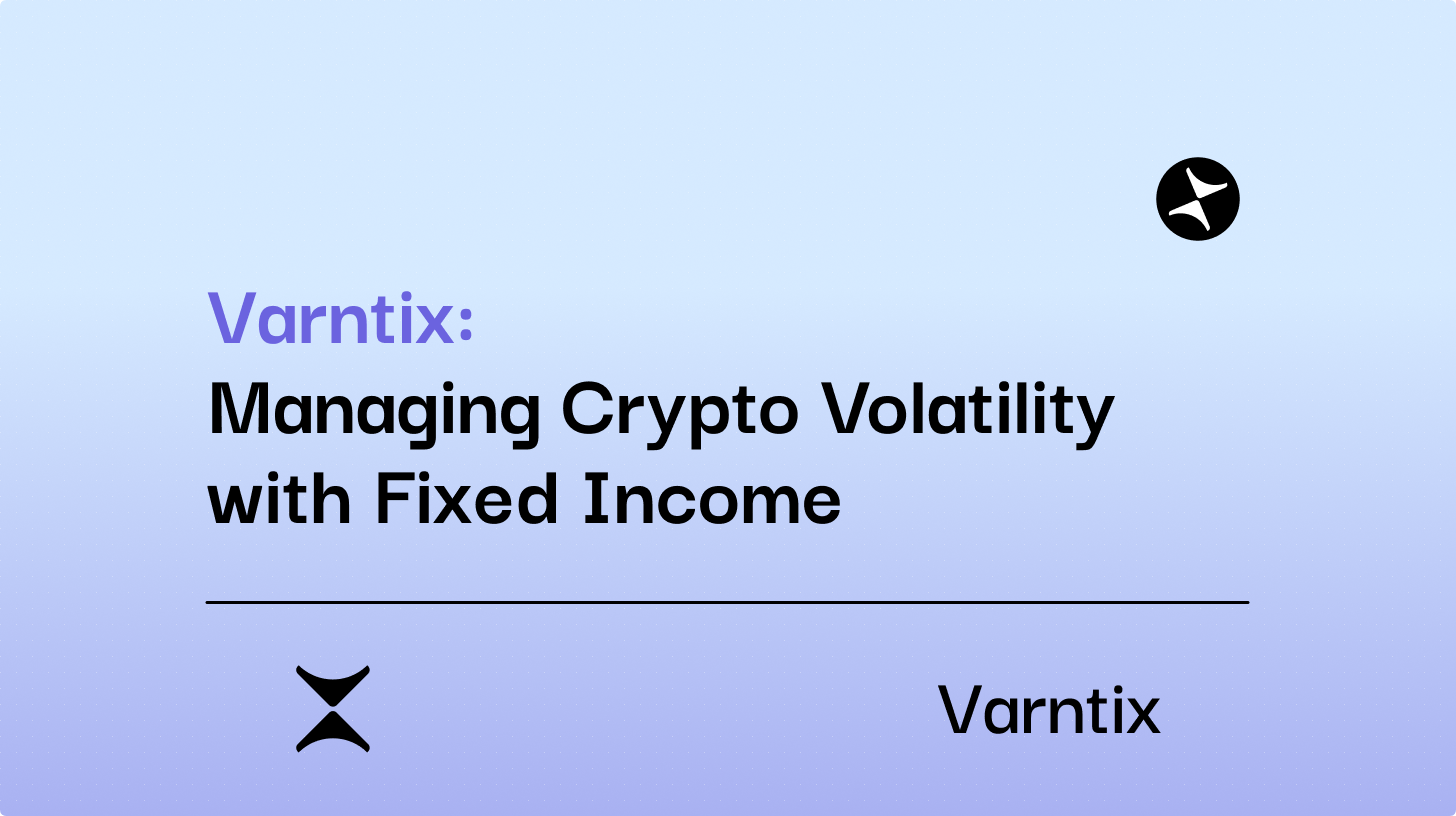Table of Contents
- Brief Summary - A Look into Decentralized Exchange Aggregators
- Defining DEX Aggregators
- Why DEX Aggregators Are Crucial
- Benefits of Using DEX Aggregators
- Increased Liquidity
- Superior Exchange Rates
- Efficiency in Time and Cost
- Maintaining Anonymity and Security
- Drawbacks of DEX Aggregators
- Limited Support for Centralized Exchanges
- Vulnerabilities in Smart Contracts
- Network Delays and Congestion
- Reliance on External Platforms
- Challenge for Beginners
- Leading DEX Aggregators in the Industry
- OpenOcean
- 1inch Exchange
- ParaSwap
- Final Thoughts
- Common Questions









